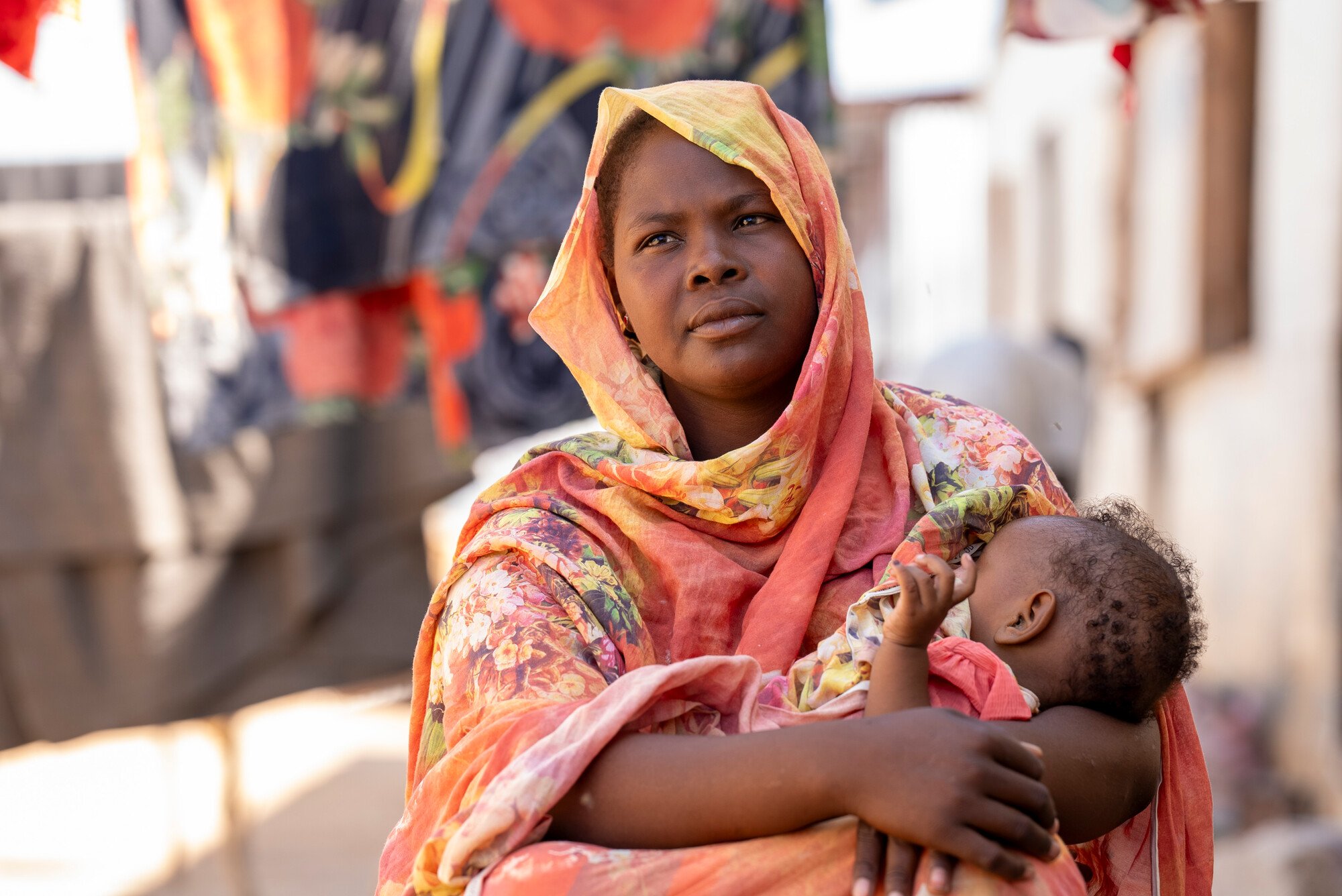In the Faye Coly primary school in southern Senegal, a drama of war and peace plays out in a dimly lit classroom. The students—about 30 between the ages of 10 and 14, crammed eight to a table—are fairly bouncing off the walls in excitement.
"What are some countries now at war?" the teacher asks. The kids explode into a mass of raised hands; they snap their fingers, pleading to be called on, shouting "Monsieur! Monsieur!" Several get their wish, and the countries in conflict come spilling out and onto the blackboard: "Congo!" Then, "Côte d'Ivoire!" and "Bissau!", Senegal's neighbor to the south, Guinea Bissau.
"Any others?" the teacher asks. One student—eager to be called on but unable to think of another country in conflict—blurts out "France!"
Well, no, France is not at war, so the lesson turns to peace. The teacher asks the children to write sentences on the importance of peace, and how it can be achieved. They read them before the class, and they are as noble as any diplomat's address to the United Nations: "We have to forgive each other and be as one." "We have to stop fighting each other and respect one another."
One of the smallest boys in the class walks to the front, tucks in his shirt and hitches up his pants, and most of the class starts laughing. His smile changes to a serious look, and everyone settled down for a moment. He said "In Senegal we need solidarity for peace. We want to live in a region of nonviolence."
A peaceful future
This class, taught by Vieux Malang Diedhiou, was based on curriculum developed by a Senegalese organization: Research Group for Education on Children's Rights and Peace (known by its French initials GRA-REDEP). Working closely with Senegal's Ministry of Education, the curriculum was created over three years ago with about $40,000 from Oxfam America. Gaspard Onokoko, a committed Congolese human rights educator and president of GRA-REDEP, has criss-crossed Senegal, traveling in "bush taxi" mini buses and on foot in the heat and dust to work with education officials to introduce the curriculum to 195 elementary schools in the troubled Casamance region alone. GRA-REDEP is expanding to other areas near the capital Dakar and in western Senegal. Since 2003 more than 1,500 elementary school students have studied peace, human rights, and nonviolent conflict resolution, and nearly 300 teachers have been trained in the curriculum, which also covers basic issues of governance and citizenship.
Onokoko has seen first-hand the destruction of war; he was a political prisoner in Burundi for his work promoting human rights. Since his release and exile to Senegal, he founded GRA-REDEP in order to build a more peaceful future. Children lie at the heart of his strategy.
A tall man with a broad smile, Onokoko speaks very formally and deliberately when asked why children are so important. "If their parents engage in violence and crime, children will learn at a young age to do the same," he says. "These children are the future of Senegal, they represent the wealth of Senegal. They must become citizens who can build a country based on peace that respects human rights. Schools are an important place to do this, to create a culture of peace. Otherwise it is a lot harder to teach this later in life."
Touched by war
GRA-REDEP launched the peace education program in Casamance as it was a region at war for more than 20 years. Sandwiched between Gambia to the north and Guinea Bissau to the south, Casamance is a place apart from the rest of Senegal, a lush region of forests and rivers dominated by the Diola people. A separatist movement emerged in the 1980s among those who felt overlooked by economic progress in Senegal since independence. Separatists have used violence to redress their grievances, and the resulting suffering and poverty have plagued the region. Tragically, many young people joined in the fighting rather than pursuing their studies. A lengthy counterinsurgency campaign by the government finally led to a cease fire and, despite a recent flare-up of cross-border violence between guerilla factions and the Bissau-Guinean military, prospects for peace in Casamance look strong.
The students at Faye Coly have taken on their citizenship lessons with great enthusiasm. They created a student government, elected a president and a cabinet of ministers. Claire Sagna, who at 13 has been the minister of human rights for the last two years, says that the teachers have taught the students to learn how to mediate conflicts between themselves and between students and the faculty. "When there are fights between students, or with students and teachers, our government will come together as a group to develop a solution," she says in a very brisk, business-like manner.



